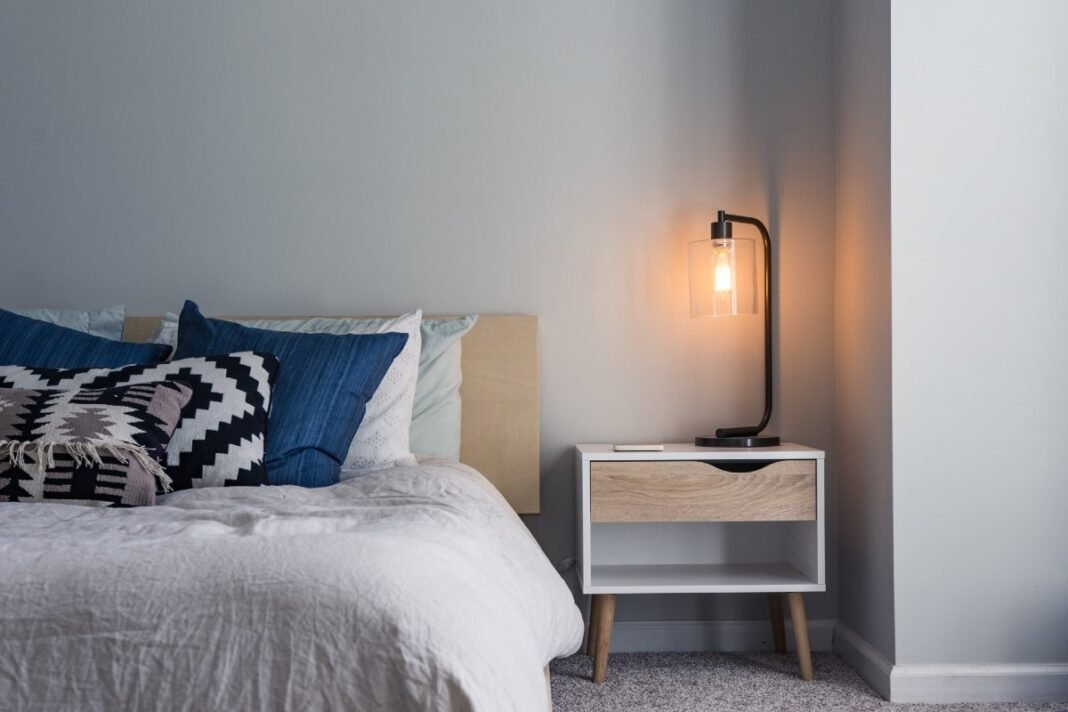The link between stress and sleep
Have you ever found yourself in an ongoing loop of feeling stressed and anxious, leading to poor sleep that night, which then makes you feel more stressed the next day, keeping you again from getting a good nights sleep, and on and on and on?
Sleep is an important resource that allows us to go about our day feeling happy and healthy, and with the ability to be productive and get done what we need to. It becomes harder and harder to maintain positivity through the day if we haven’t had a good nights sleep the night before. Ongoing stress and poor sleep can often seem to go hand in hand, so finding out the reason for both is usually the key to overcoming them.
What causes poor sleep?
There are some common factors that will contribute to poor sleep:
- Anxiety and overthinking – lying there worrying about what has happened through the day is a sure fire killer of a good nights sleep
- Caffeine – too much caffeine, or caffeine late in the day, for people who are sensitive to it, can lead to feelings of wakefulness just as you are trying to wind down
- Cortisol – this is the stress hormone that helps you when you’re under a tight deadline, but is also a part of the fight or flight response, and if you’re stressed when you’re trying to get to sleep, it will keep you alert when you’re trying to nod off
- A busy lifestyle – a common factor in most of our lives these days, but when we are so busy that we don’t get time to wind down at the end of the day, we can feel like we’re ready for action way past our bedtime.
The common factor in all of this is a chronic sense of stress. Being chronically stressed can cause the nervous system to maintain a heightened sense of arousal for extended periods, which can start to impact on our physical and mental health, including on our ability to sleep well. A 2015 study conducted over 9 years in America showed that chronic stress in women was associated with sleep disturbance and insomnia (Hall et al., 2015). This wasn’t necessarily the case with more short term, acute stress, such as from a one off event.
In a review of research into stress and sleep (Hirotsu et al., 2014), it was found that there is a two way relationship between them. Sleep was affected by stress, through the Hypothalamic Pituitary Adrenal axis (HPA axis), which is what is activated to release cortisol and adrenaline in the fight or flight response. It was found that excessive activation of the HPA axis during the day, which happens when you have chronic stress and anxiety, lead to sleep disturbances. And in turn, having disturbed sleep and insomnia leads to increased cortisol levels, which contribute to feelings of stress through the day. This then leads to a continuing cycle of chronic stress and insomnia.
Therefore to get on top of this cycle, both aspects need to be addressed. Reducing stress through the day can be done in many ways – going to the gym, yoga, tai chi, meditation, swimming, walking out in nature – find whatever works best for you. But try to make it a regular thing, where you can find some time every day to do something positive for yourself.
To help improve sleep, you can see my article here with some tips from Chinese medicine for helping you get to sleep better. Having a regular routine for before you go to bed is important, as it sends a signal to your body to start winding down. So whether it’s having a hot foot bath, a cup of herbal tea, or doing some Qi Gong, try and get in the habit of doing it every night.
Acupuncture and Chinese medicine can also both help with improving sleep and reducing stress. You can get more information on acupuncture and sleep here, and on reducing stress and anxiety here. If you would like to speak with me about how acupuncture can help, feel free to call me on or book an appointment.

